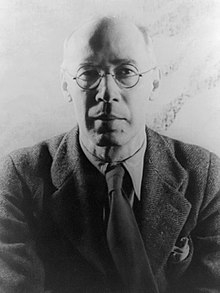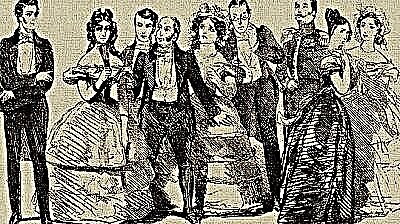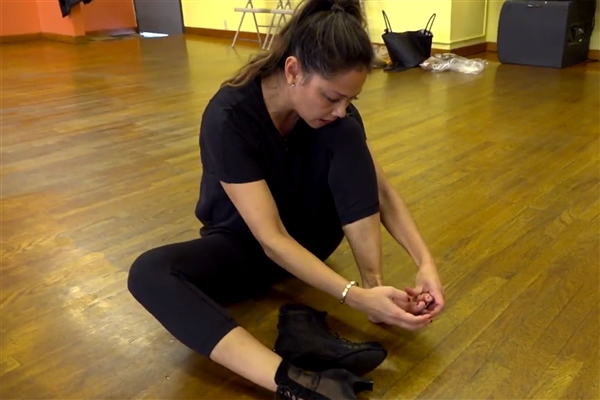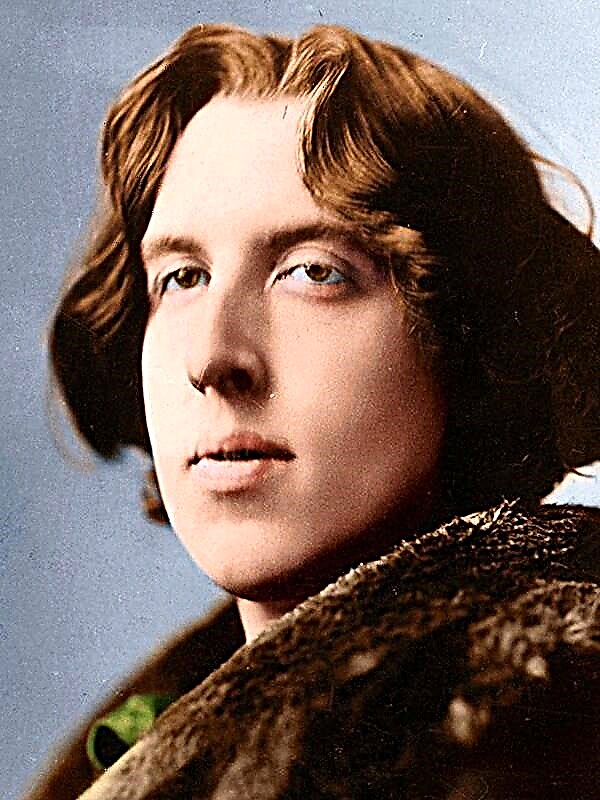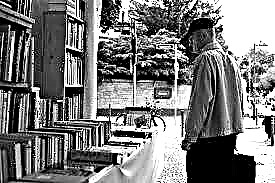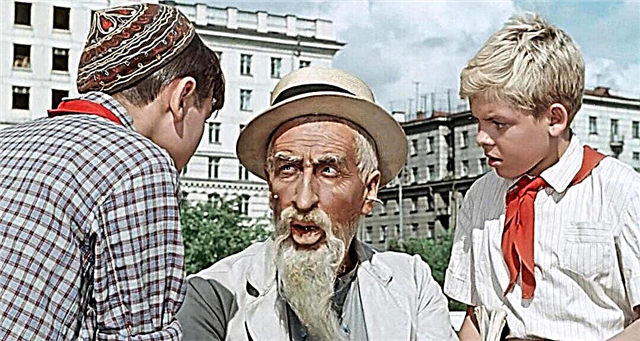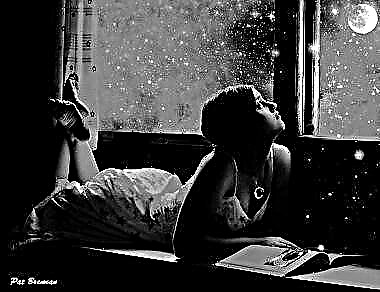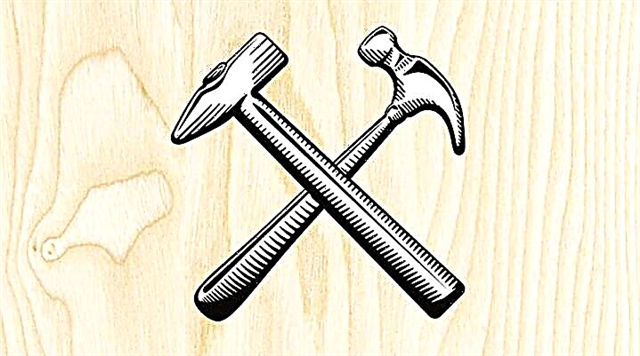At a certain stage in his life, when a person has already passed a certain part of the path, a certain period of time, he wants to stop, look back and analyze the important events that took place in his fate, as well as summarize the past. He recalls various cases and episodes from his life, expresses his attitude to the past and, rethinking what happened, outlines near and distant prospects, plans to devote the rest of the way to what, tries to understand how to live on.
From the history of writing a verse
The need to summarize and rethink the past arose at the Silver Age poetess Marina Tsvetaeva shortly before her thirtieth birthday. In the life of Tsvetaeva by this time, quite a lot of different events took place, most of which were difficult and even tragic.
In her poem "Youth", written in the early twenties of the last century, a year before the end of the civil war, she tries to express her point of view and attitude to such personal events as the death of her mother, marriage to Sergei Efron, the civil war, the death of the youngest daughter , difficult living conditions and other experienced events. Tsvetaeva also worriedly thinks about the life of her family and the fate of her homeland.
Genre, composition, problems
The poem "Youth" was written by M. Tsvetaeva in the elegiac genre. To create it, the poetess uses the most melodic size - the five-footed trochee. A verse is written in the form of a personal, emotional dialogue. Tsvetaeva refers to youth, leads a conversation with her. Also recalls himself: young, tender, ardent, inexperienced.
The poem has a two-part structure. In the first part, the poetess regrets past mistakes, blames youth for this, even refuses her. This part is imbued with a negative attitude, here you can hear such feelings as disappointment, pain, reproaches, resentment.
In the second part, Tsvetaeva is reconciled with the events of youth, accepts and reinterprets her, says goodbye to her before separation. Here feelings arise more luminous and sad.
The main problem of the poem is the conflict between the current girl and herself as a young girl in her youth. The conflict between the desired vision of the past and what it actually saw. The resolution of the conflict occurs during the verse. The poetess forgives herself for the mistakes made in her youth and accepts her. She sees that there was not only bad in her, but also good.
Themes, ideas, images of the work
The main theme of the poem is an appeal to Youth, a rethinking of an important period of life, the understanding that this time is unique, and it is impossible to return and change it. And also the understanding that Youth is priceless. At the end of the verse, Marina Tsvetaeva wants to share her Youth with others. Also, the main meaning of the work is the importance of accepting oneself as such in different life periods.
The main image of the poem is the image of Youth. It is dual, on the one hand, Youth is the time of youth, unique and gone without a return; on the other, young Marina herself. Most images of the verse are negative, unpaired, sad.
In addition to negative images, there is also a valuable image of a “patch of crazy”, it symbolizes the pricelessness and importance of the image of youth for Tsvetaeva.
Artistic and expressive means of verse
In the poem "Youth" we meet an abundance of various artistic and expressive means. Especially a lot of paths, epithets, avatars, metaphors.
Among the epithets such phrases as “unpaired boot”, “raspberry skirt”, “azure shawl” and others.
The personification here is traced in the image of youth itself. The author endowed Youth with human qualities. We also see the personification in the expression “pensive muse”.
With the help of numerous means of expression, you can notice how the mood of the poem changes: Youth becomes a sister who can console.
In general, the work is imbued with a sad mood.

